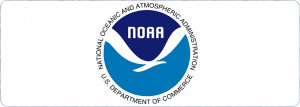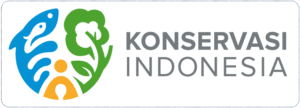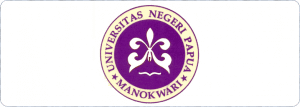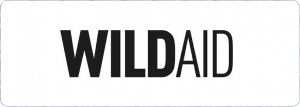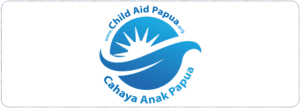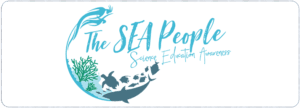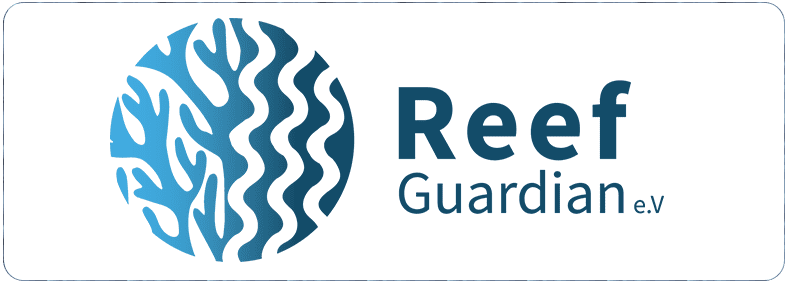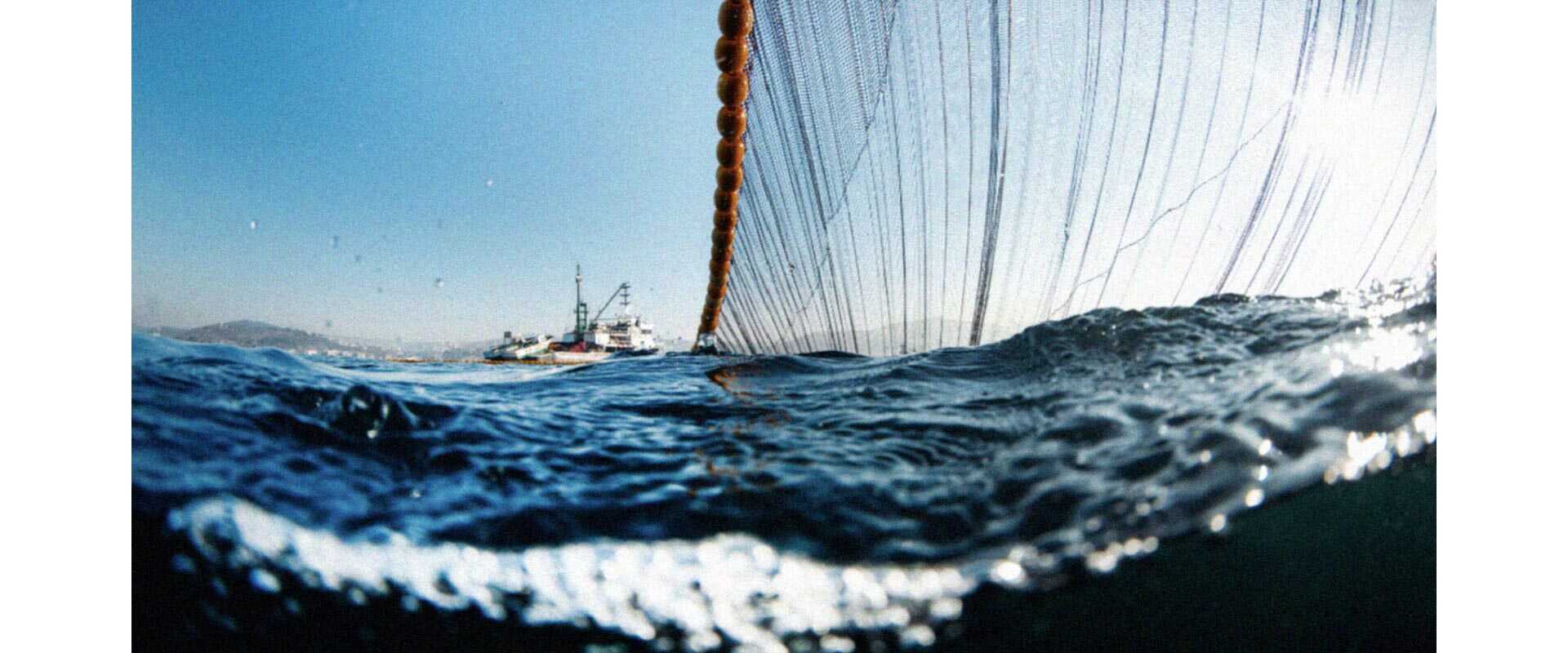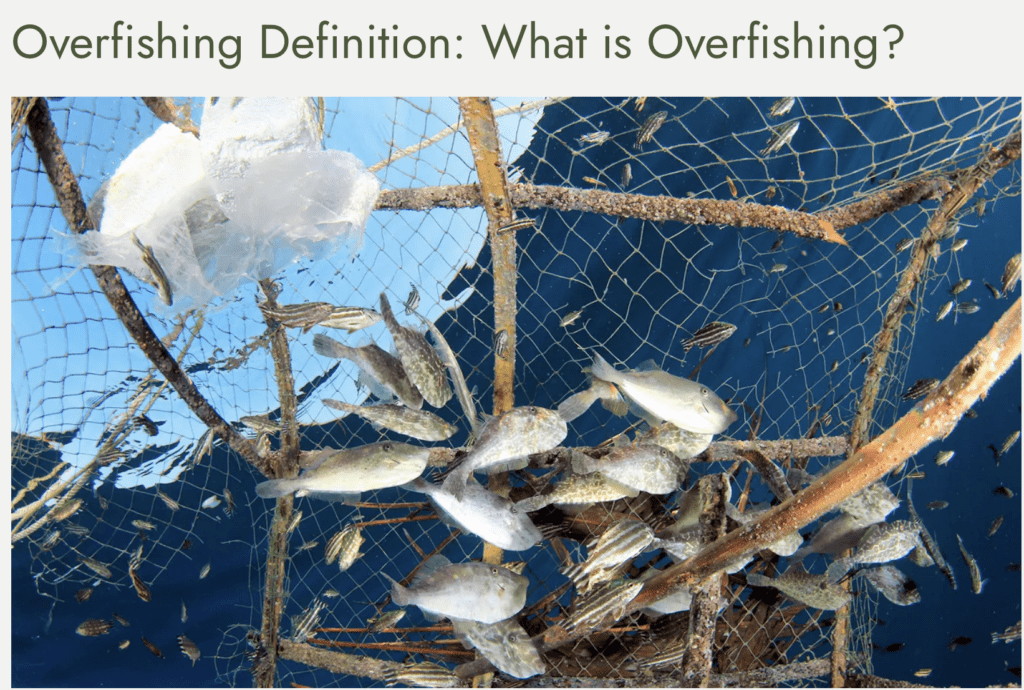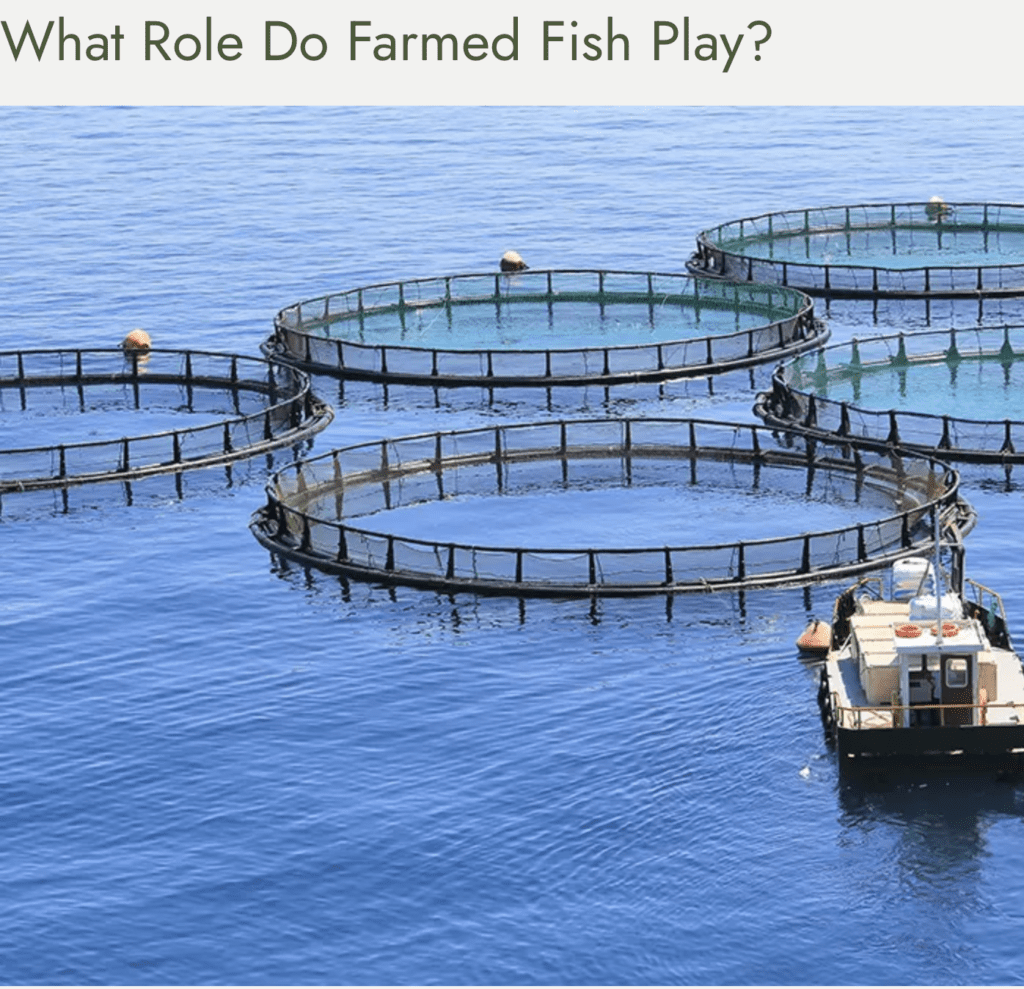Overfishing, Conservation, Sustainability and Farmed Fish by Coty Perry
I was recently contacted by Coty Perry, a dedicated conservationist and a passionate bass fisherman. Can the two professions really coexist? I am a passionate conservationist and I was skeptical. But in Coty’s case, the answer is a resounding YES!
After my initial “knee jerk” reaction, I read his well-researched story and feel it is something I should share even though it doesn’t directly pertain to the BHS. And I must admit that I might not have finished his email, much less read his article, had it not begun with a quote by one of my personal heros, Dr. Sylvia Earle, a.k.a “Her Deepness”. The quote: “We need many things to keep the world a better place. But, nothing else will matter if we fail to protect the ocean. “Our fate and the oceans are one.”
(And yes I know Dr. Earle does not eat fish! She, like many of us, have the good fortune of making chooses of what we eat, many are not as fortunate.)
So before before you think the BHS is “selling out” you need to read his article, Overfishing, Conservation, Sustainability and Farmed Fish, about the impact of fishing, conservation and sustainability of the planet. I’m reasonably informed but I learned a lot!
With Coty’s permission I will share a few points from his article. Hopefully a few of his words here will help with understanding how fishing isn’t something we can simply stop doing plus make you more informed and want to read the complete story! After all “over 3 billion people on the planet rely on fish as their primary source of protein”, including many of the natives who live in the Bird’s Head.
According to Coty’s article, 12% of the world rely on fisheries. This includes people who fish commercially (in many cases not sustainably) and those that fish in a sustainable way). Of that 12% who actually do the fishing, 90% are small-scale fishermen; these include sport fishermen but primarily they are natives that fish for daily subsistence and those who sell their small catches for their livelihood). Fishing is not something that is going away!
So what is overfishing?
It’s not simply about catching “too many” fish. Overfishing occurs when the breeding stock of an area becomes so depleted that the fish in the area cannot replenish themselves.
Coty discusses a myriad of subjects related to the negatives of overfishing, many of which I had not considered:
Overfishing can mean increased algae in the water.
It can lead to the destruction of fishing communities.
It can lead to making it increasing difficult for smaller, more sustainable fishing boats to make a living.
Coty discusses “Ghost Fishing” (nets that are lost but keep killing marine life), Bycatch (non-targeted species that never make it to market), Waste (Did you know that 30% of the fish caught in the 3rd world is lost due to inadequate freezing devices?).
Ever heard of “bait and switch”…Are you sure that the red snapper you buy in the supermarket is really red snapper? According to Coty’s research only 13% of the red snapper sold is actually red snapper!
So why is over fishing happening? Let’s follow the money…Coty’s article delves into particulars of:
Government Regulation, which should and can be a good thing but regulations are easily circumvented and NO regulations apply in international waters.
Unreported Fishing, let’s call this “off the books” fishing.
Mobile Canning and Processing at sea reduces the availability of fresh fish.
Subsidies… can you guess who benefits the most!
(And here’s a point I just read about, which Coty doesn’t address, probably because we are only just now realizing it’s happening. Fact: All ships of a certain size, depending on where they operate, are required to have a AIS (Automatic Identification System) onboard that shows the ship’s exact location world-wide. Some ships are now using VPN’s (Virtual Private Network) to hide their locations allowing them to fish in restricted or prohibited areas.)
What about Fish Farming? There’s lots to know that you might not have considered…Coty has! Here are a few examples;
26 pounds of “feed” are required to produce 1 pound of tuna! (Sounds a bit like the beef industry doesn’t it.)
37% of all seafood globally is fed to farmed fish!
Farmed fish are not as nutritional as wild caught, as they loose almost all of their Omega-3 fatty acids. In fact Farmed Salmon should be considered a form of Junk Food.
Most countries including the US and Indonesia are guilty of some of the above. It’s a world-wide issue and finger-pointing is not a constructive form of resolution.
Fortunately there are solutions so it’s not all bad news…Coty discusses a number of issues that are already in place or that are being developed, which can help.
Read the article. It’s valuable!
Note: A big thanks to Coty, who has made the article available to the BHS as a pdf. It can always be found in the BHS Library, Coty Perry-Overfishing.












